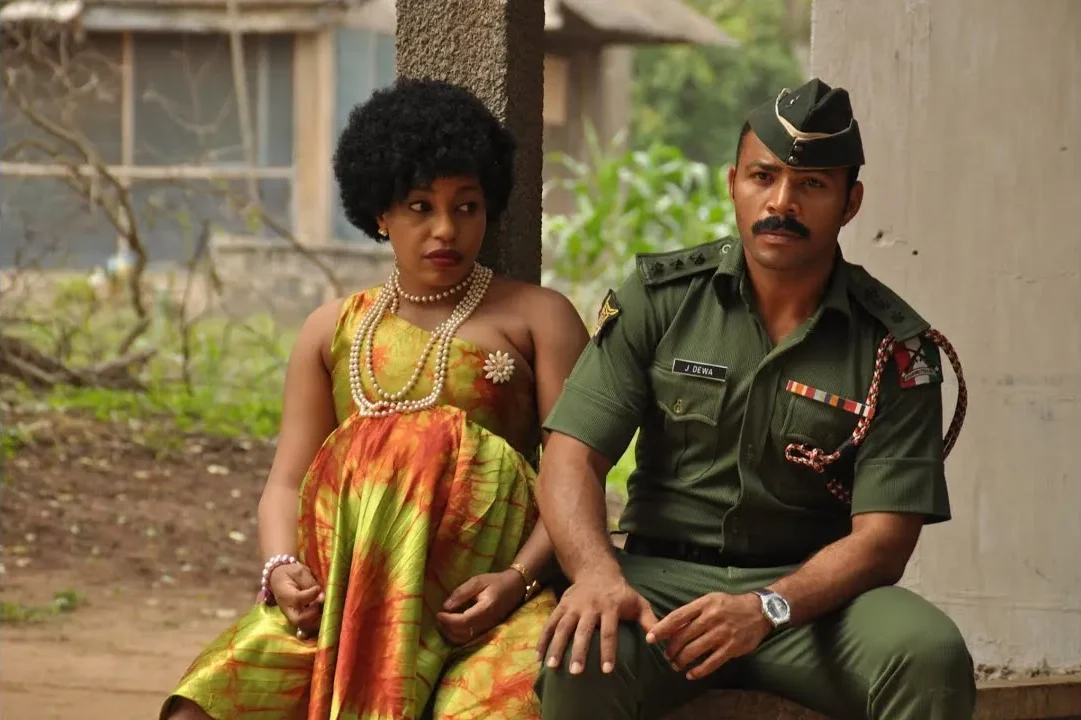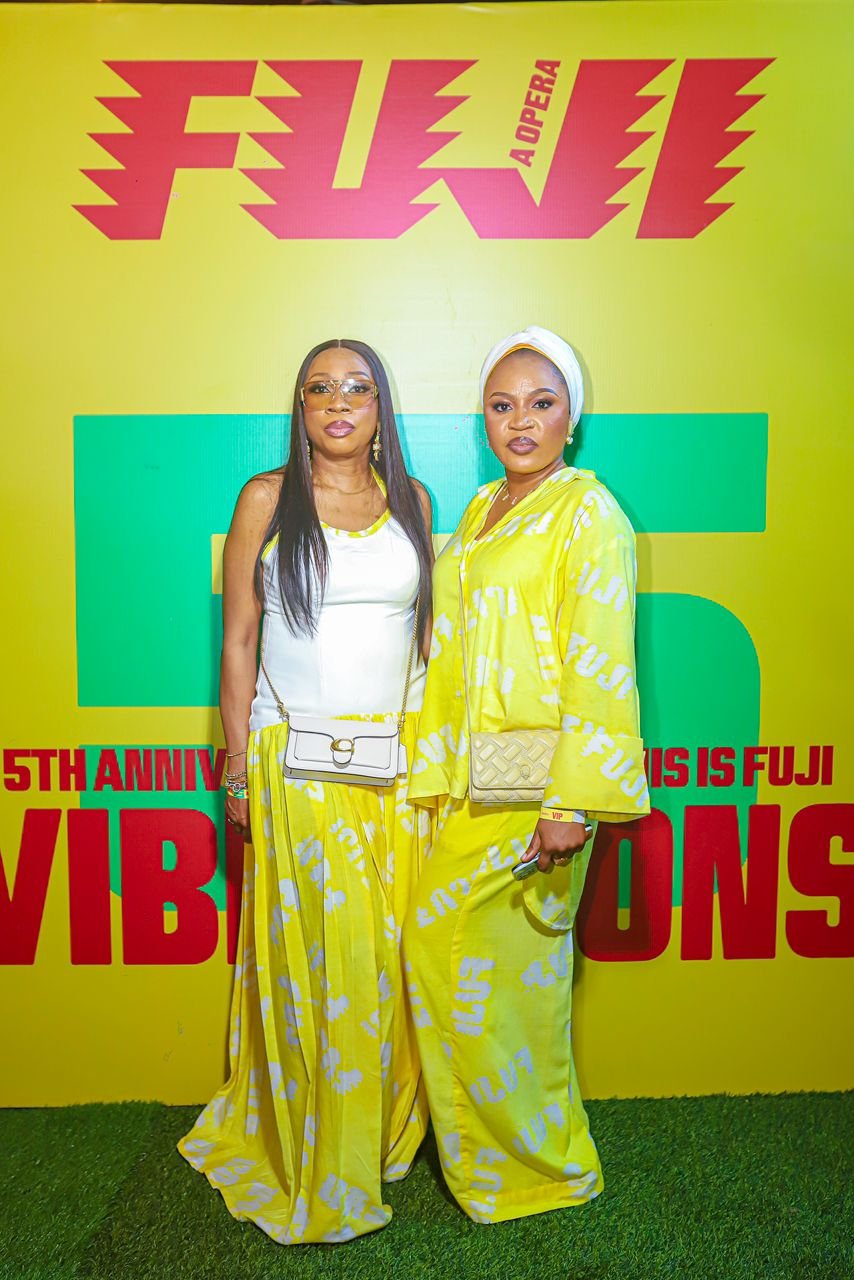Filmmakers have produced Nigerian movies that have made the headlines in the last decade. The film is one of the ways Nigerians became nationalists. Through the lens of film, Nigerian filmmakers have tackled a range of topics, from colonialism and military rule to corruption and electoral politics. In this article, we’ll delve into the world of Nigerian politics and cinema, exploring five films that offer unique perspectives on Nigeria’s politics
October 1st
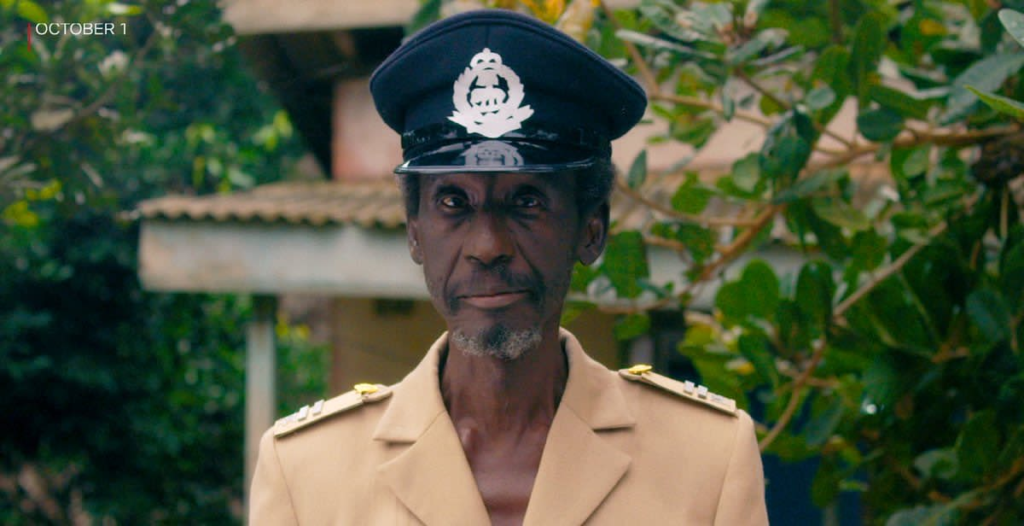
Kunle Afolayan’s October 1st (2014) is a gripping thriller set in the days leading up to Nigeria’s independence on October 1, 1960. The film explores the complexities of colonialism, as a police officer, Danladi Waziri, navigates the challenges of maintaining order in a society on the cusp of change. Through Waziri’s character, Afolayan sheds light on the tensions between Nigerian nationalists and British colonial authorities, highlighting the struggles and sacrifices made by Nigerians in their quest for independence.
Half of a Yellow Sun
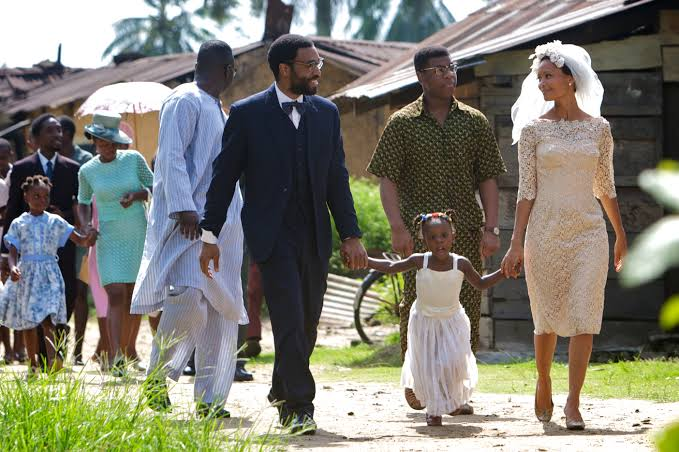
Biyi Bandele’s Half of a Yellow Sun (2013) is an adaptation of Chimamanda Ngozi Adichie’s novel of the same name. The film tells the story of the Biafran War (1967-1970) and its impact on Nigerian society. Through the experiences of twin sisters, Olanna and Kainene, the film explores the human cost of conflict, the complexities of identity, and the legacy of the civil war. Half of a Yellow Sun offers a powerful portrayal of the devastating consequences of political instability and the ongoing struggles of post-civil war Nigeria.
King of Boys
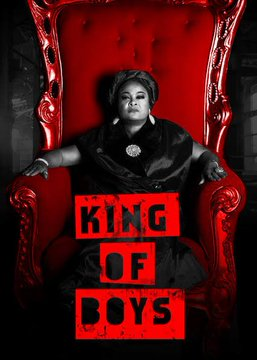
Kemi Adetiba’s King of Boys (2018) is a crime thriller that delves into the world of Lagos politics and organized crime. The film follows the story of Alhaja Eniola Salami, a powerful politician and crime lord, as she navigates the complex web of corruption and power struggles in Lagos. Through Salami’s character, Adetiba shines a light on the corrupting influence of power and how politics and crime can become intertwined.
Love is War

Lorem ipsum dolor sit amet, consectetur adipiscing elit. Ut elit tellus, luctus nec ullamcorper mOmoni Oboli’s Love is War (2019) is a romantic drama that explores the complexities of electoral politics and family dynamics. The film tells the story of a husband and wife, Hank and Didi, who find themselves on opposite sides of a gubernatorial election. Through their story, Oboli highlights the challenges faced by women in Nigerian politics, the corrupting influence of power, and the complexities of family relationships.attis, pulvinar dapibus leo.
76
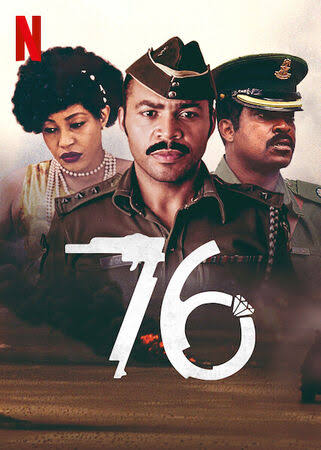
Izu Ojukwu’s 76 (2016) is a historical drama set during the 1976 military coup that overthrew General Murtala Mohammed’s government. The film follows the story of a young soldier, Captain Joseph Dewa, as he navigates the complexities of military loyalty and duty. Through Dewa’s character, Ojukwu explores the themes of loyalty, power, and corruption, highlighting the challenges faced by soldiers and civilians during periods of military rule.
These films demonstrate the power of cinema to educate, inform, and inspire, offering a nuanced and multifaceted portrayal of Nigerian politics and society.












